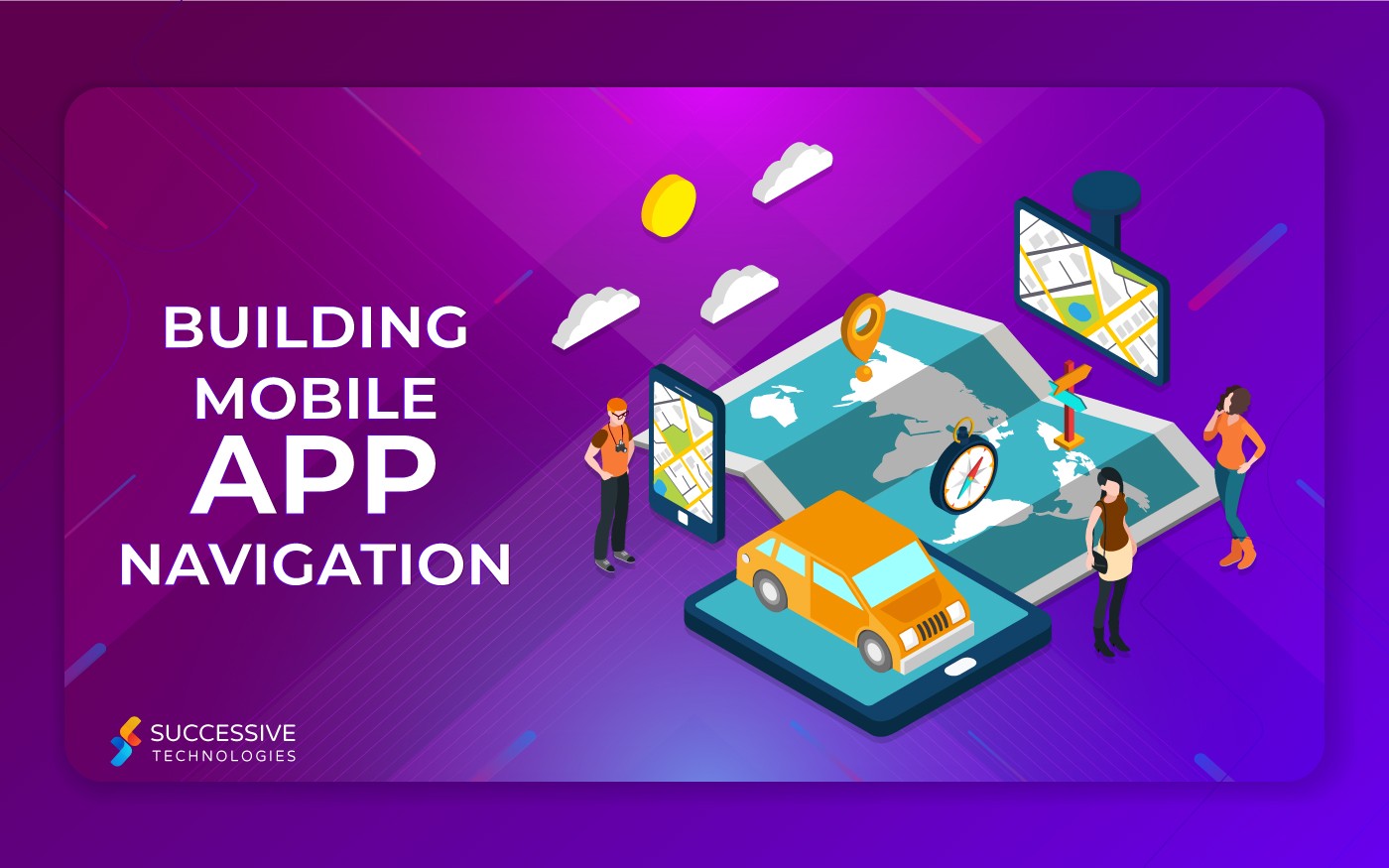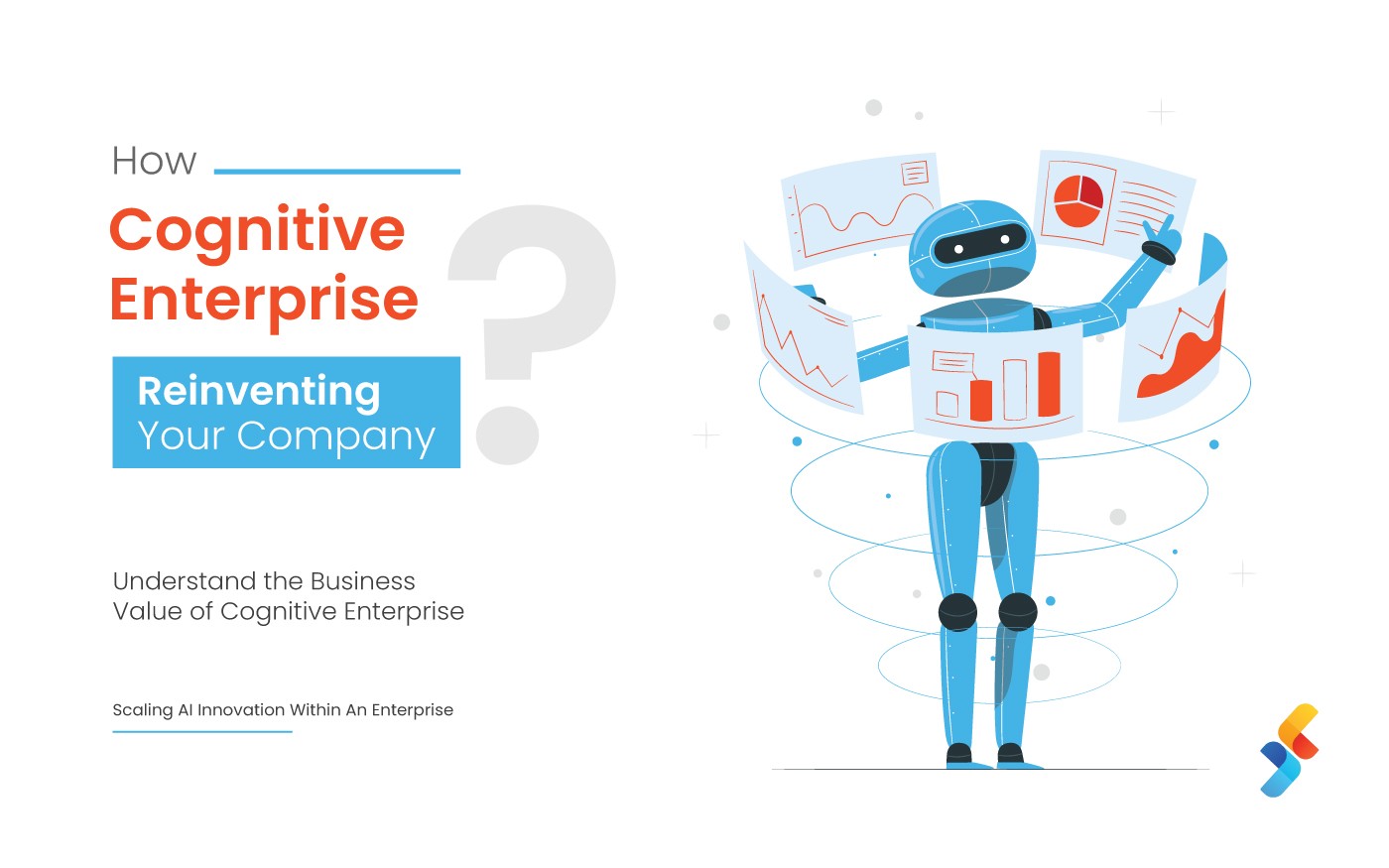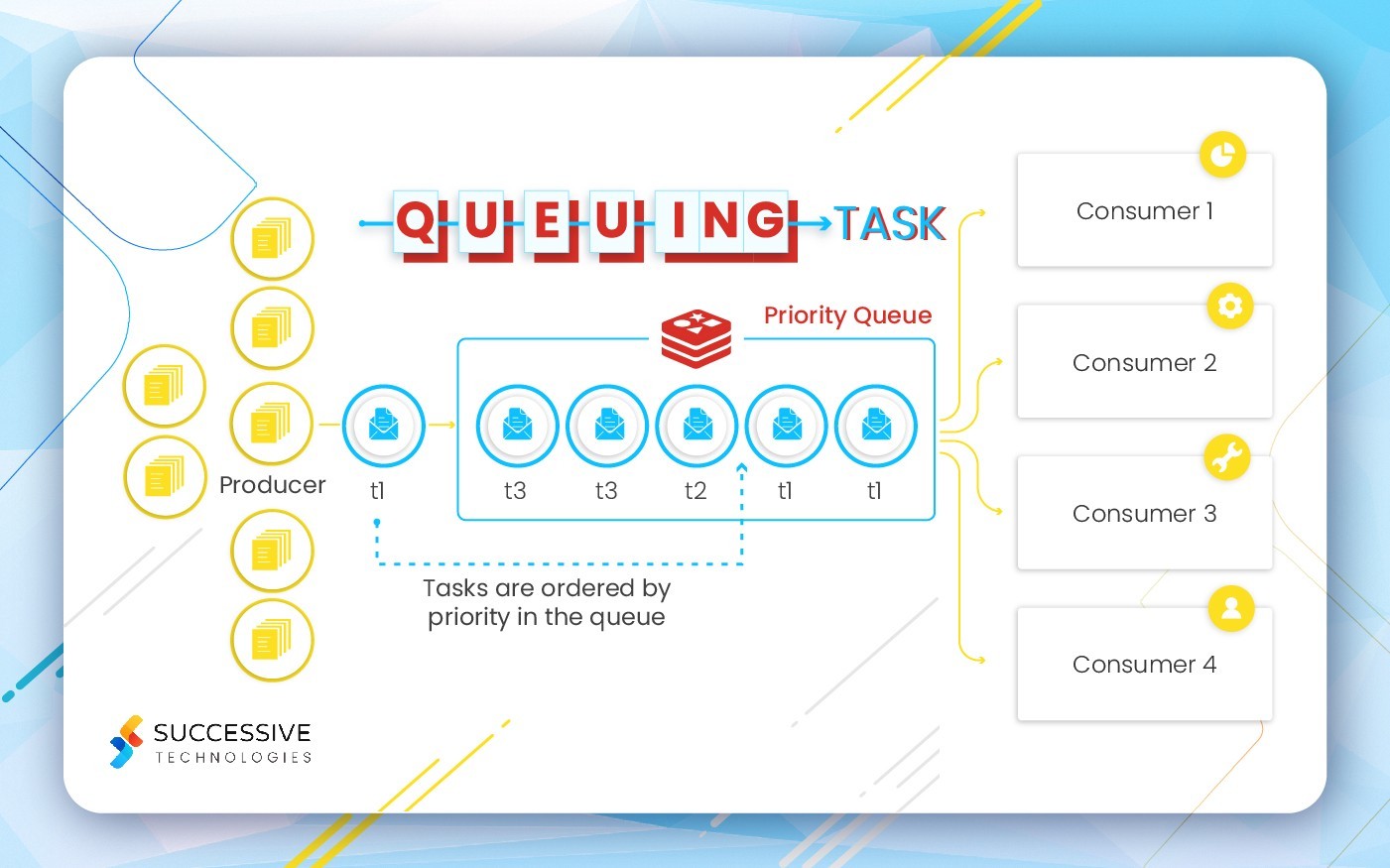The social media scenario has been developing over the years. The beginning was with Google’s hangout, then came along Orkut and along that line came the creation of Mark Zuckerberg. Yes, you are right! We are talking about Facebook.
This online social directory became available first to the students of Harvard and later, to anyone who claimed to be of at least age 13. This rule was in place since 2006 and still ongoing. Any person with an account on Facebook can share digital content; it can be text, photo, and other multimedia files in their profile. They can have conversations with other people who are their “friend”, comment on other persons’ posts and even have one-on-one chats. There are several in-built apps that can also be used to complete different tasks or serve specific purposes.
Climbing into stardom
The rise of Facebook to become “the” social media was not slow but not instant either. After changing the name from “The Facebook” to just “Facebook” in 2005, this social media channel was opened to the general public in 2006. Within the year 2009, the company had 350 million users joining in its list and in the summer of 2012, the number finally rose to the magic number of 100 million. By the end of 2018, the number had grown to 2.32 billion, which is more than half of the world’s population and they are all present in the program written in the Harvard dorm room. In 2019, the numbers are becoming less, but with an average of 52%, Facebook is still the top contender in social media sites. However, the introduction of sites like Instagram, Twitter decreased its popularity. Another favorite social media messaging service called WhatsApp has been recently acquired by Facebook. Still, novel services like Snapchat are gradually making their presence felt. However, the company is taking the necessary step to address this particular issue.
The range of devices
Unlike the programs of its predecessor companies, Facebook did not need the user to download or install any installer file in their device. Although in the time when the only digital device was computers, only an internet connection was sufficient to connect and use the social media program. Nowadays, with the advent of smartphones, tabs and other handheld digital devices, it has become necessary to download the app onto the device. Thereafter, the user has to input their information and can access their profile. In the case of security measures, the program or “app” in the new OS vernacular has made some major changes to ensure the security of the user data. Certainly, maintaining an appealing UI is a priority to drive user engagement that both Android and iOS have their own restrictions around. Still, in recent cases, the company has faced some serious problems in the matters of fake accounts, fake posts, and information with a debatable source. Facebook has employed third-party companies to perform the fact-check and other necessary data.
The operating systems
The main limitation the company was facing from the start was the dependence on other operating systems. From the start, it was either accessed from mainly Windows or the Macintosh operating system. When the era of the smartphone or handheld devices came into existence, it was either Android or the specific operating system of Apple Inc, the iOS. Being dependent on these operating systems posed two specific problems:
- The coding and the necessary programming tasks become complex when it comes to two different operating systems. Moreover, if only the example of the Android is taken, the OS essentially dictates Facebook about the hardware requirement it will need. Having to depend on a third-party OS makes it impossible to add features because it may or may not suit the specification requirement allowed by the OS.
- Facebook has been developing devices like Oculus, and voice-calling services like Portal, which are essentially the development of Facebook. Having to depend on the operating system like Android practically determines that the company cannot add necessary hardware as it may clash with the inherent limitations of Android. Furthermore, the development of new versions or upgrades of this operating system will force the social media company to change the specification of its devices every time, adding to the production and implementation costs.
To cope up with these problems and ensure the independence of its programs and devices from the operating systems of other parties, Facebook has announced that it is now going to build its own operating system from the scratch. According to the general pulse, this step was eventually coming, but the effect on the market and among its users is yet to be seen.
The changeover to its own
The bid to stand on its own two legs in terms of an operating system was abuzz in the grapevine of the computer technology world, and the news was confirmed by the company itself later. Facebook told its users and the general public worldwide that it is appointing one of the creators and developers on Microsoft’s Windows NT OS, Mark Lucovsky. The step taken was supported by the Vice President of Hardware, Facebook, and confirmed in the statement that the company is seriously considering the fact that the future generation should have space for them. In the light of dependency on third-party systems, especially operating systems, it may not be possible for Facebook to achieve the target in terms of penetration and digital presence. For that reason, they are thinking of doing it on their own.
Expert’s opinion
According to the experts also, this step was in the pipeline for some time. Development of VR devices, Other machines like Oculus, a voice-calling feature like Portal, and even the AI-enabled program the company is developing, depending upon OS by Google, or any other company would have been limiting. For one, the developments had to be done according to the changes happening to the OS, and secondly, the hindrance of faster development in the case of Hardware would surface; as the Other OS may not be compatible with the hardware specification of the new development by Facebook.
Signing off
The development of a new OS is certainly exciting to Facebook users, however, there are other factors to consider too. In the future, although not certain, Facebook can become the next Apple, where you have to buy their devices to enjoy their programs. With the world’s majority using android by Google and the number still increasing, the outcome of the project and the decision of the company regarding it will determine the fate of this development.












